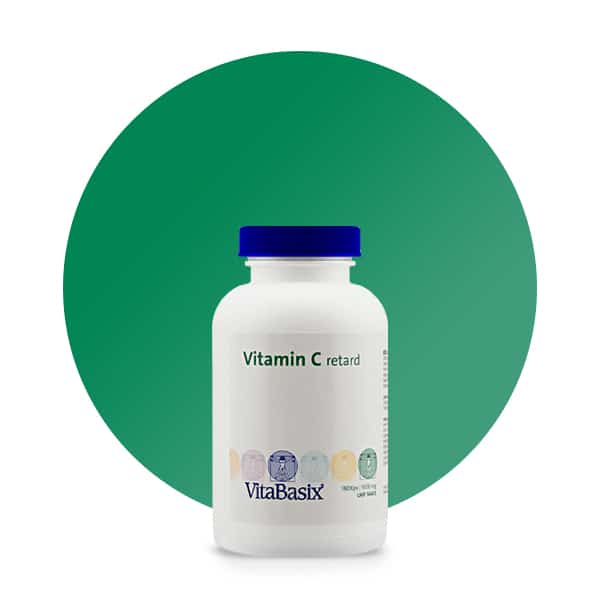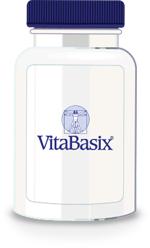In professional circles, vitamin C is mainly known by its chemical name “ascorbic acid”. Like all other vitamins, it cannot be synthesized by the human body, but must be absorbed through food. Any surplus that the body does not need is quickly excreted through the kidneys. There is no way to store this vitamin in the body in the long term. Therefore, an overdose of vitamin C is virtually impossible. Especially citrus fruits of all kinds are rich sources of vitamin C, but also broccoli, red peppers and currants. Cauliflower and strawberries are also high in ascorbic acid. Vitamin C is a water-soluble vitamin and is considered an essential nutrient.
Vitamin C fulfils important tasks in the human body. This includes, above all, strengthening the immune system. Vitamin C can contribute to normal immune system function and help maintain normal immune system function during and after intense physical activity. It also contributes to a normal energy metabolism and thus reduces tiredness and fatigue. Vitamin C also influences iron absorption in the body and thus again plays an important role in energy production. Furthermore, vitamin C is also involved in collagen synthesis by supporting collagen synthesis. Collagen is responsible for the formation of numerous tissues, which is why it is also important for the eyes, bones, blood vessels and the brain.
Vitamin C also serves as universal cell protection. Last but not least, vitamin C can support normal function of the nervous system and contribute to the regeneration of the reduced form of vitamin E.
If the absorption of vitamin C through the diet is not sufficient or there is an increased need, this nutrient can be supplemented through special food supplements.






 Chronobrands
Chronobrands



Reviews
There are no reviews yet.